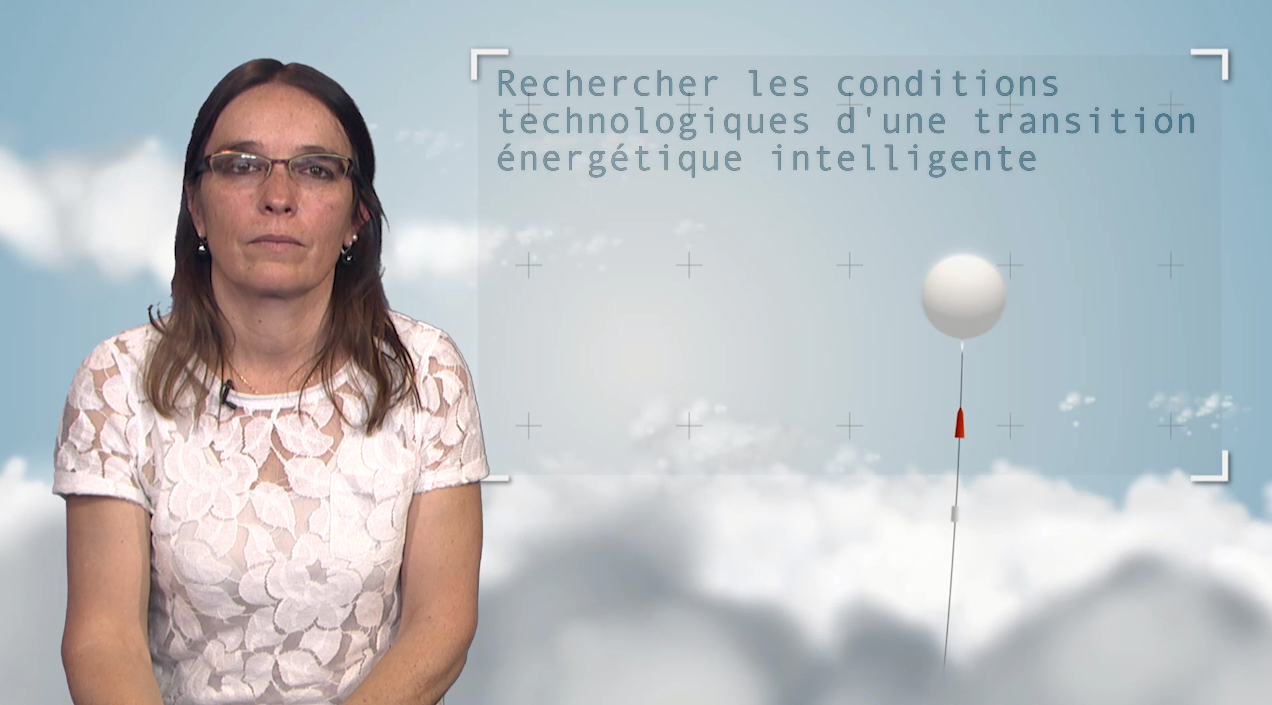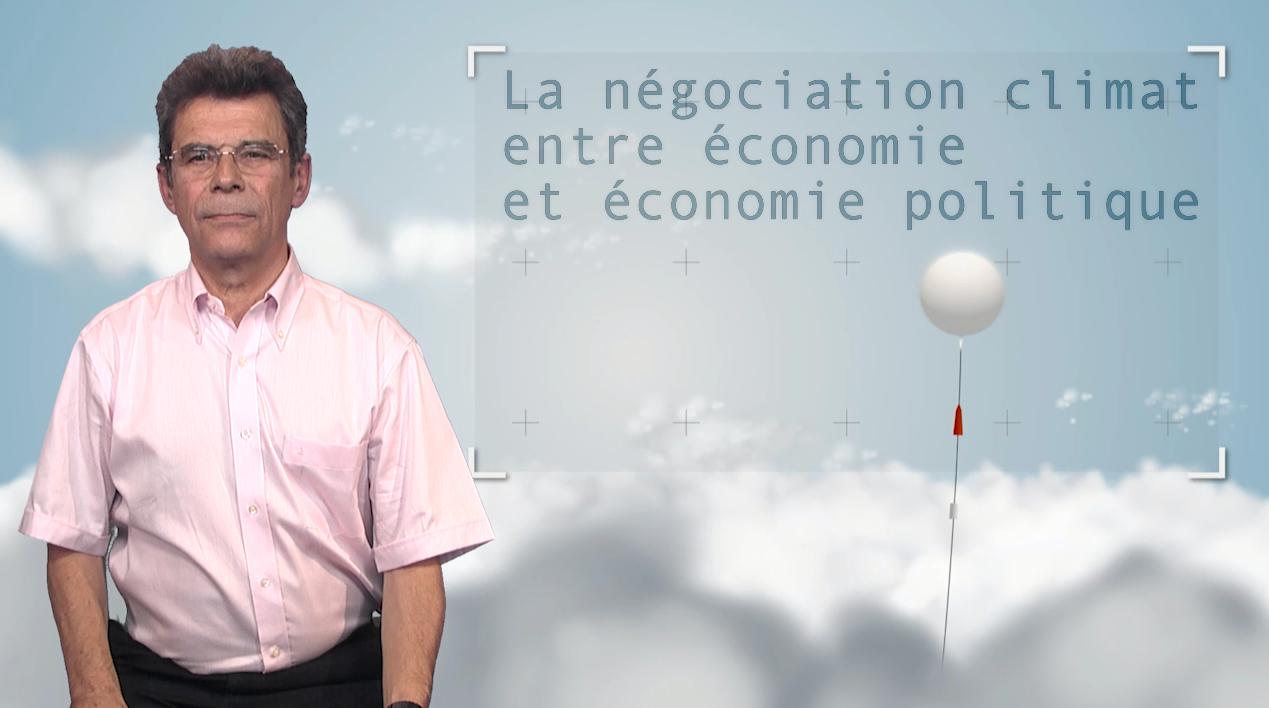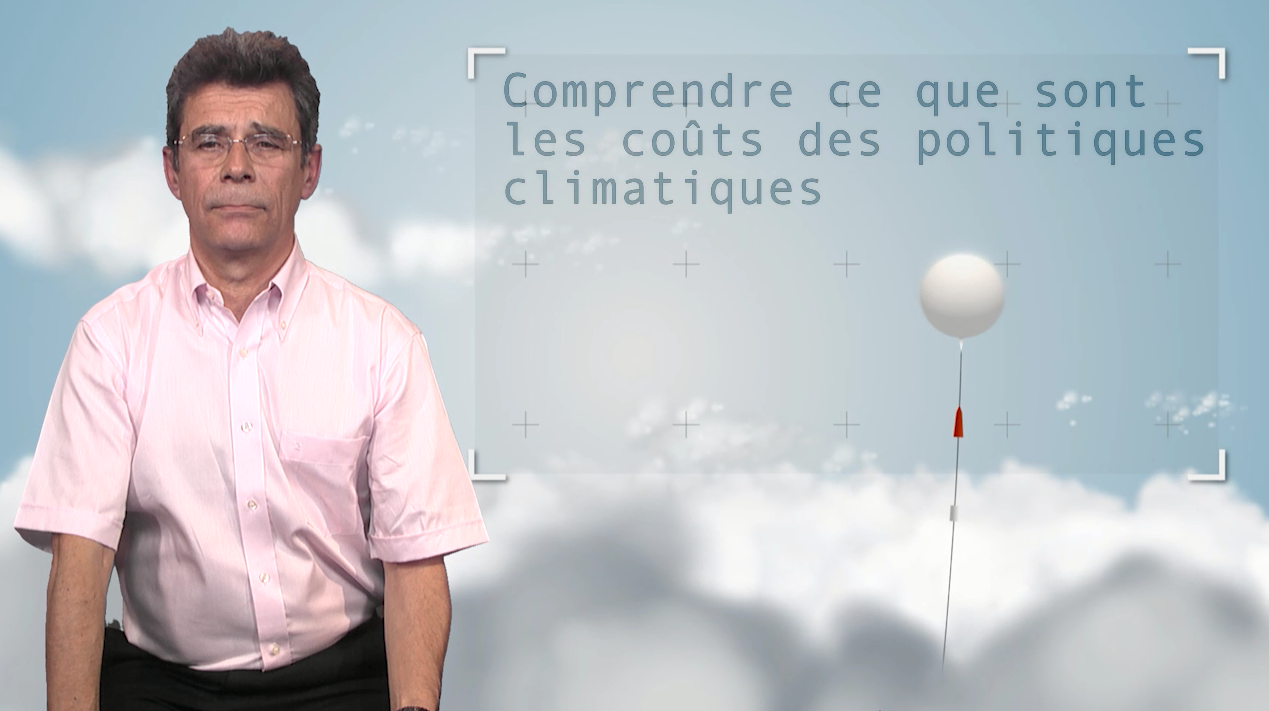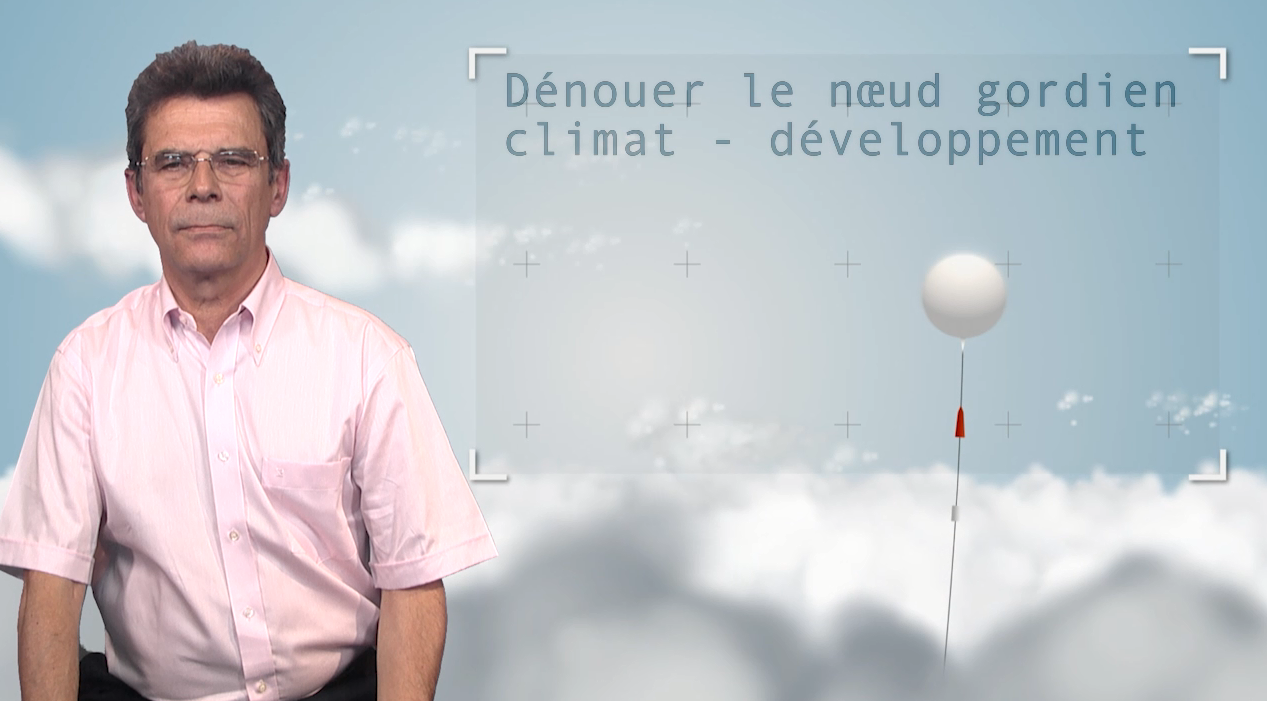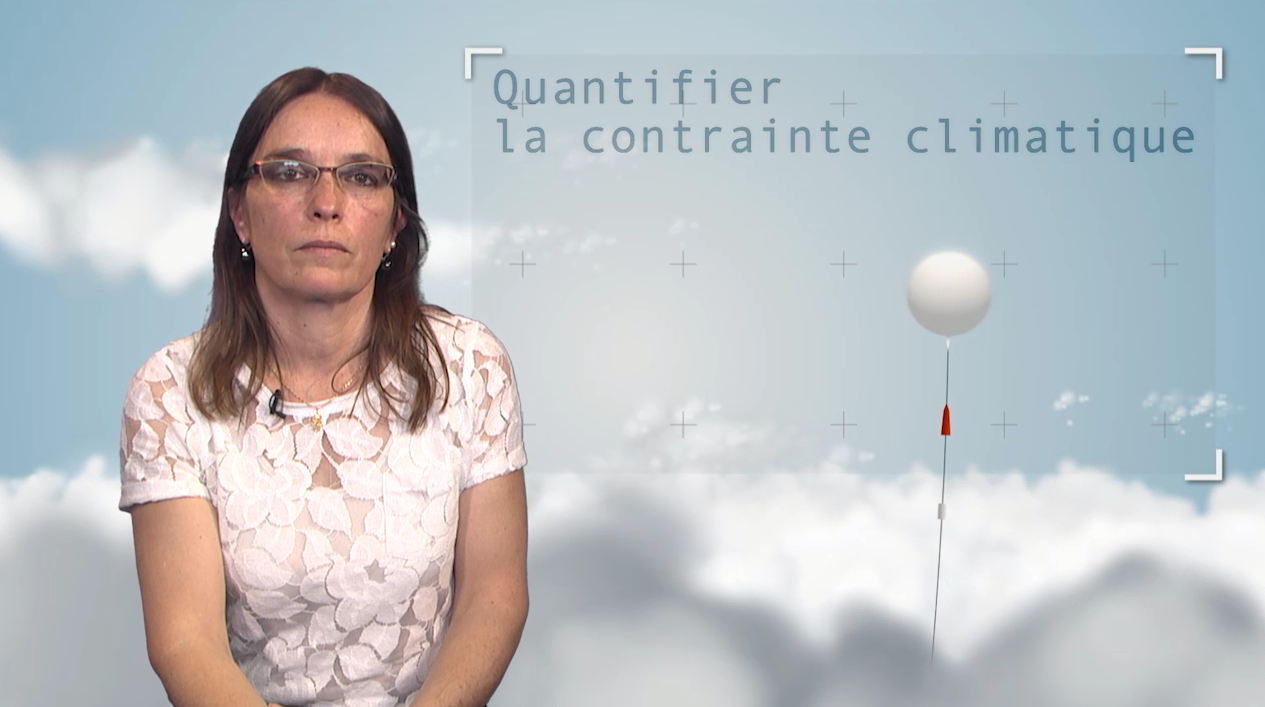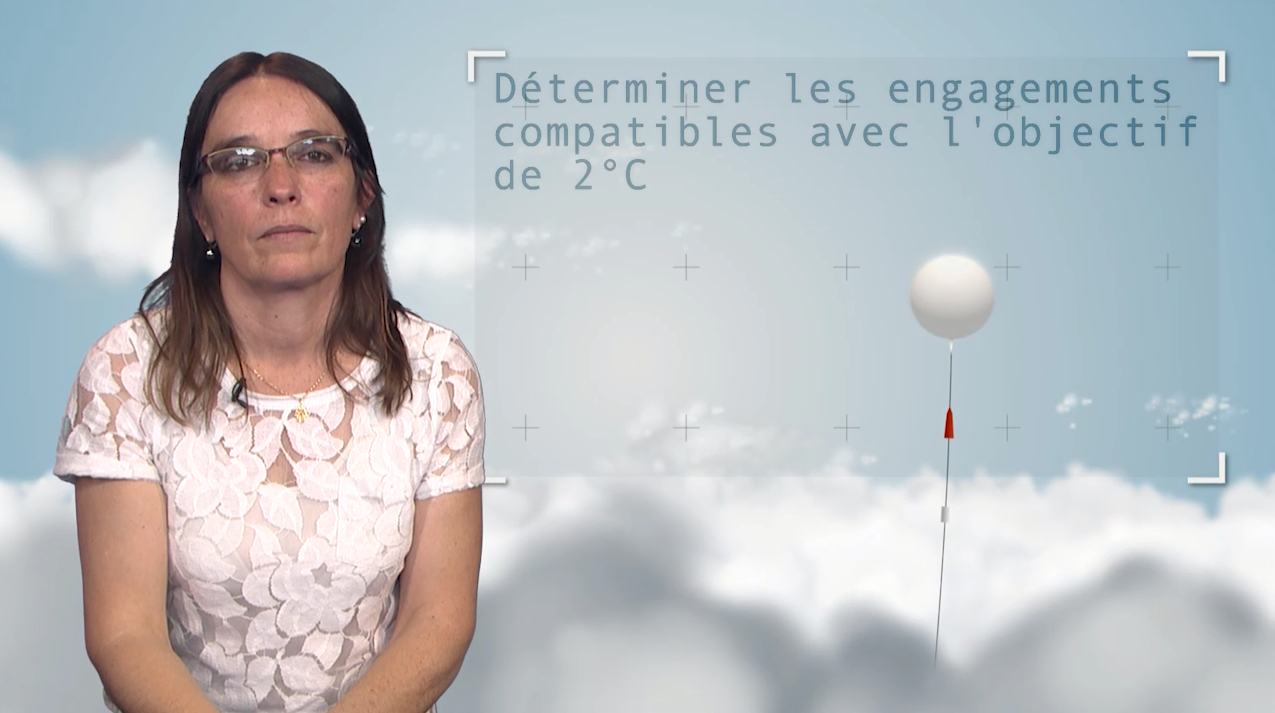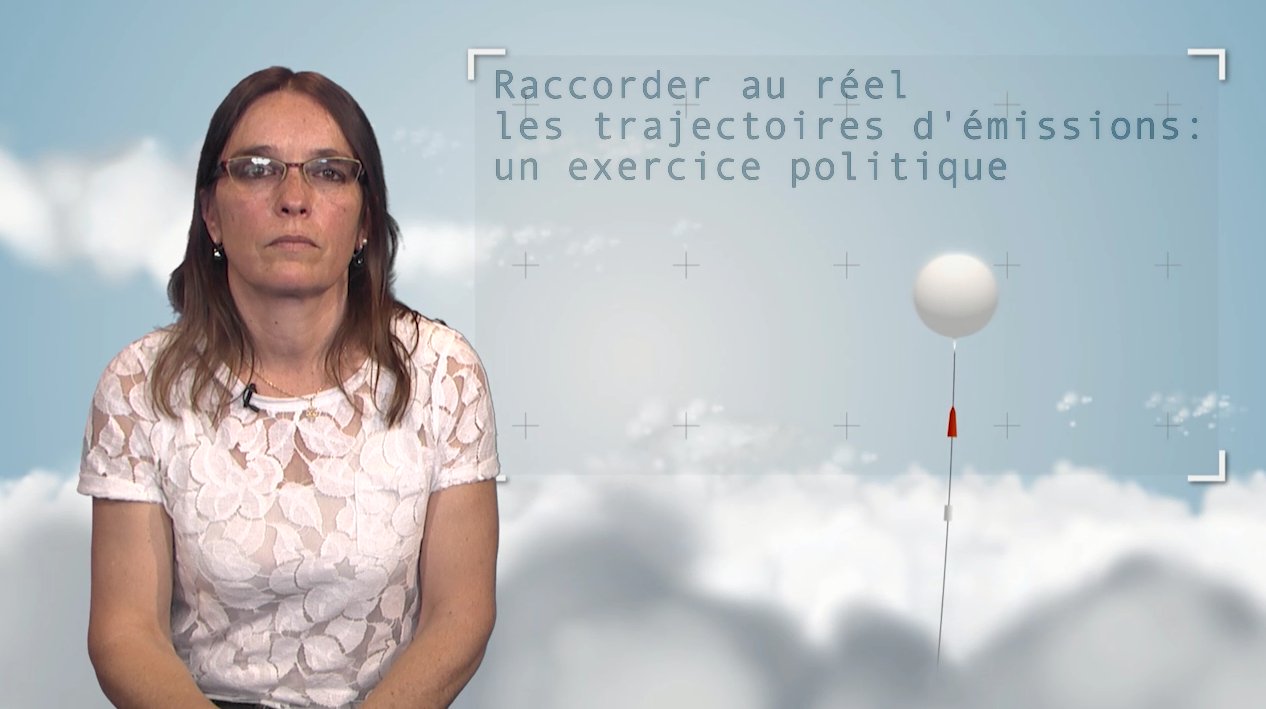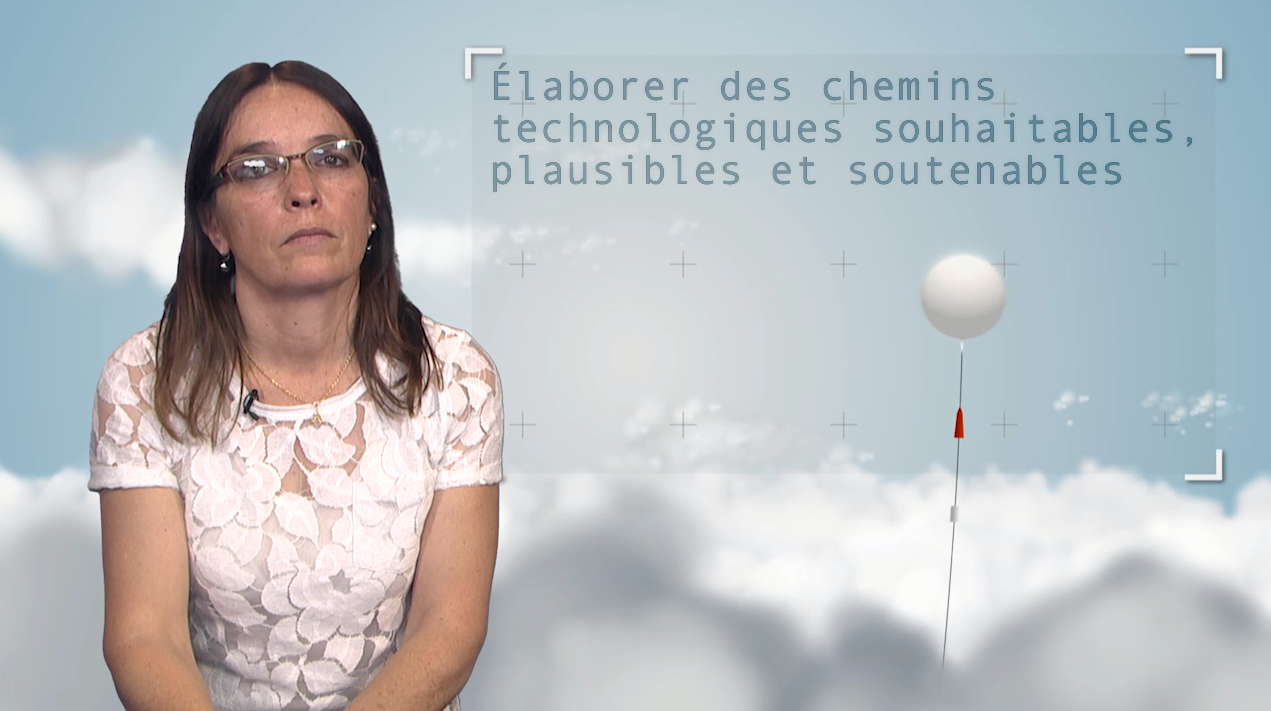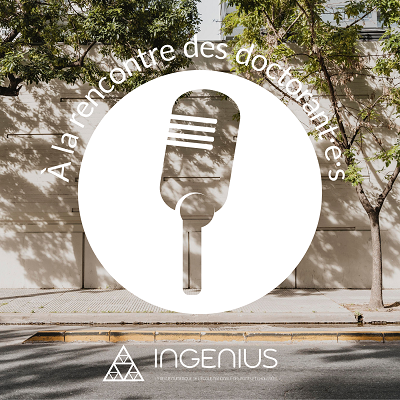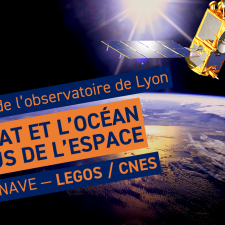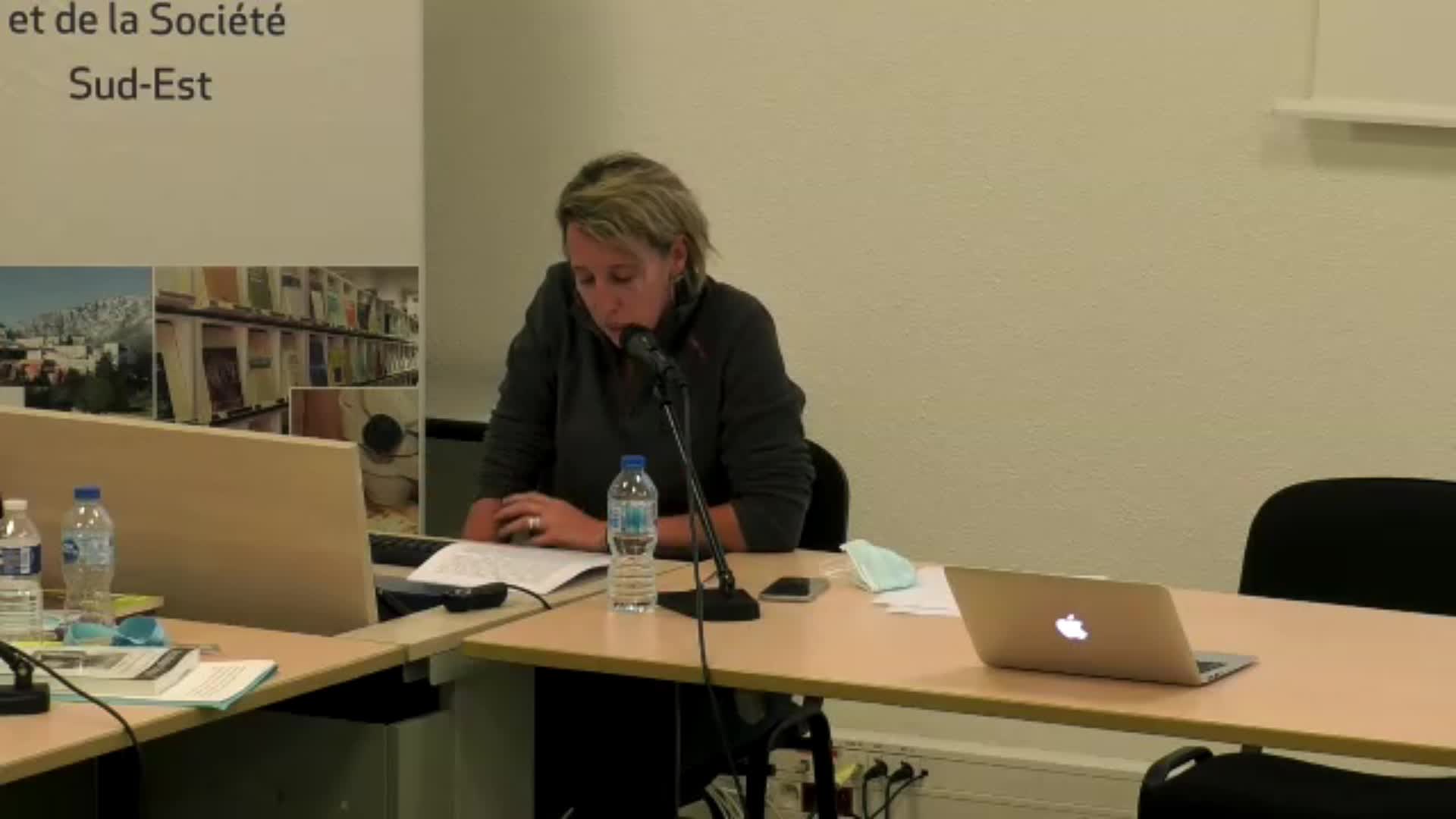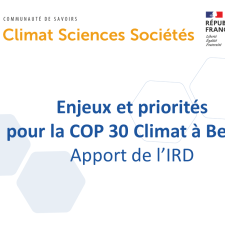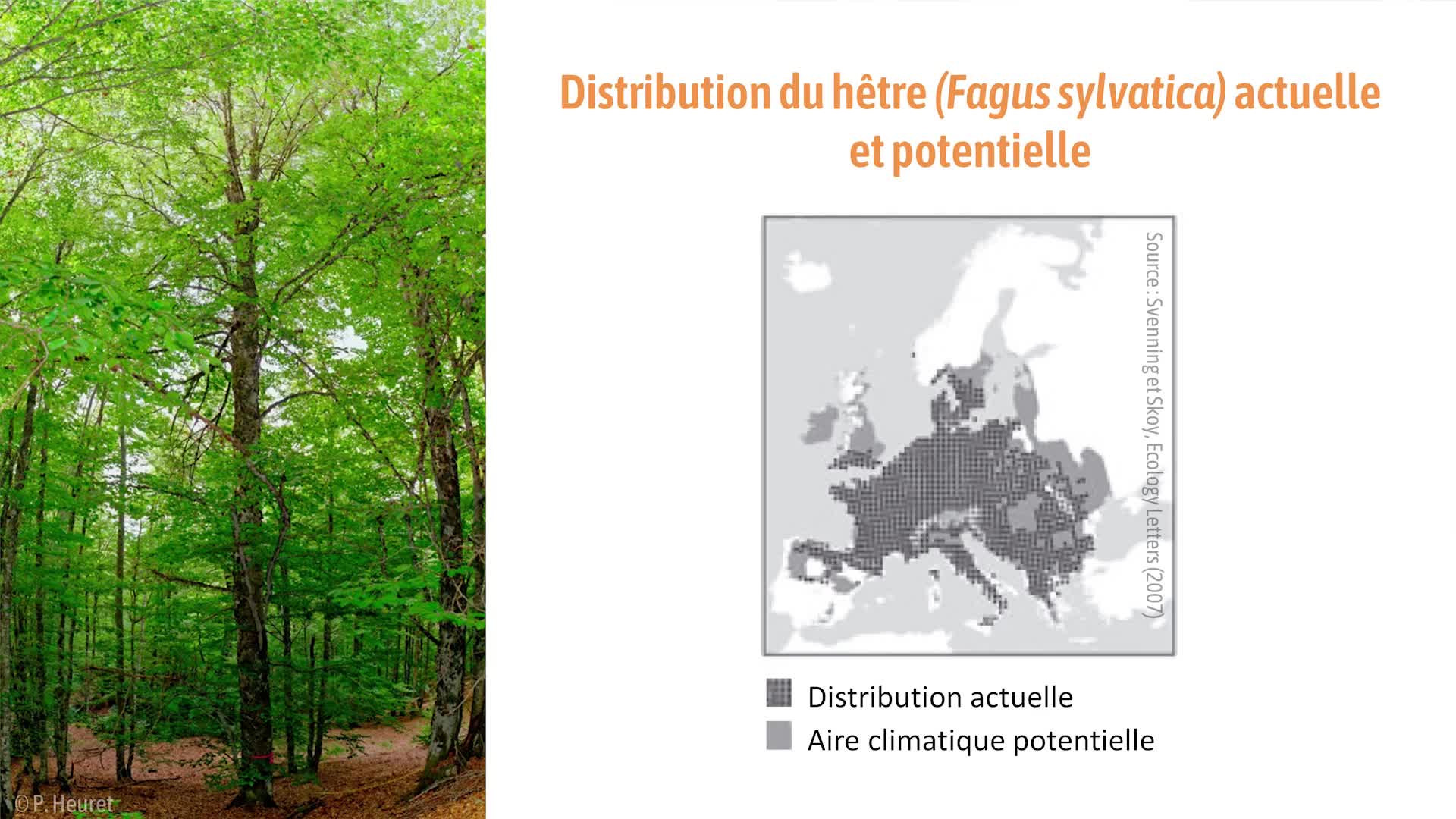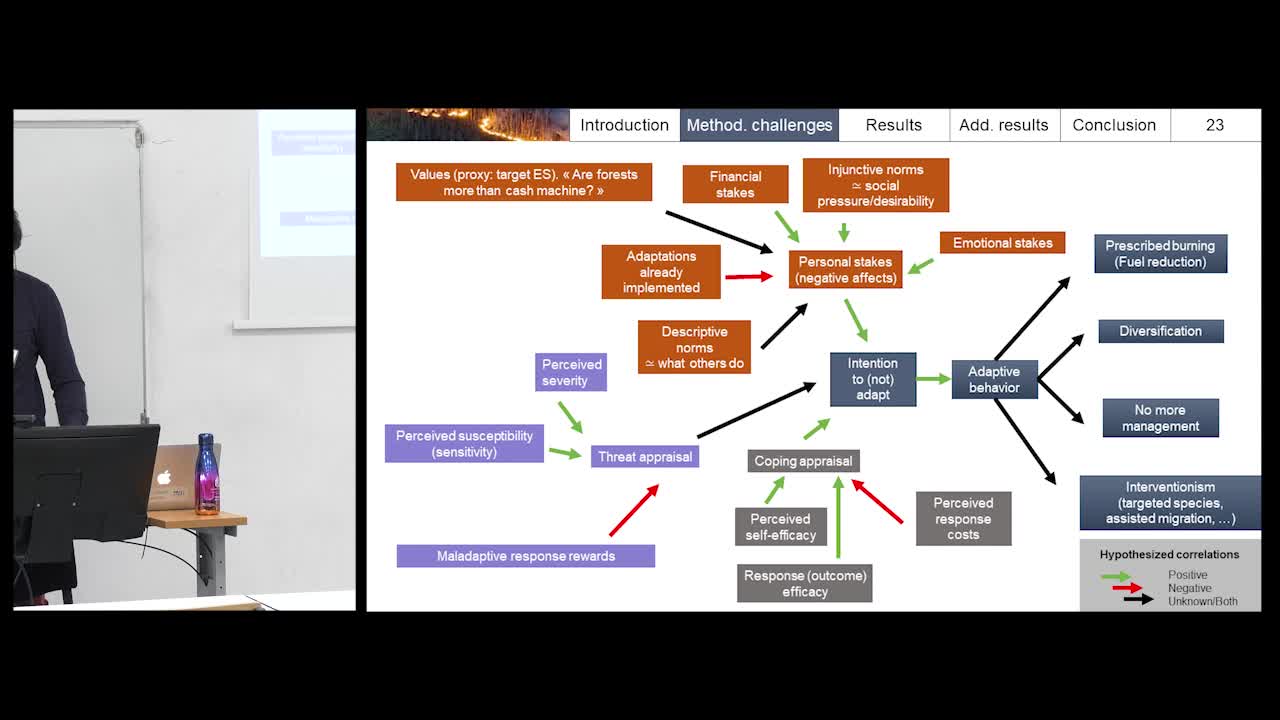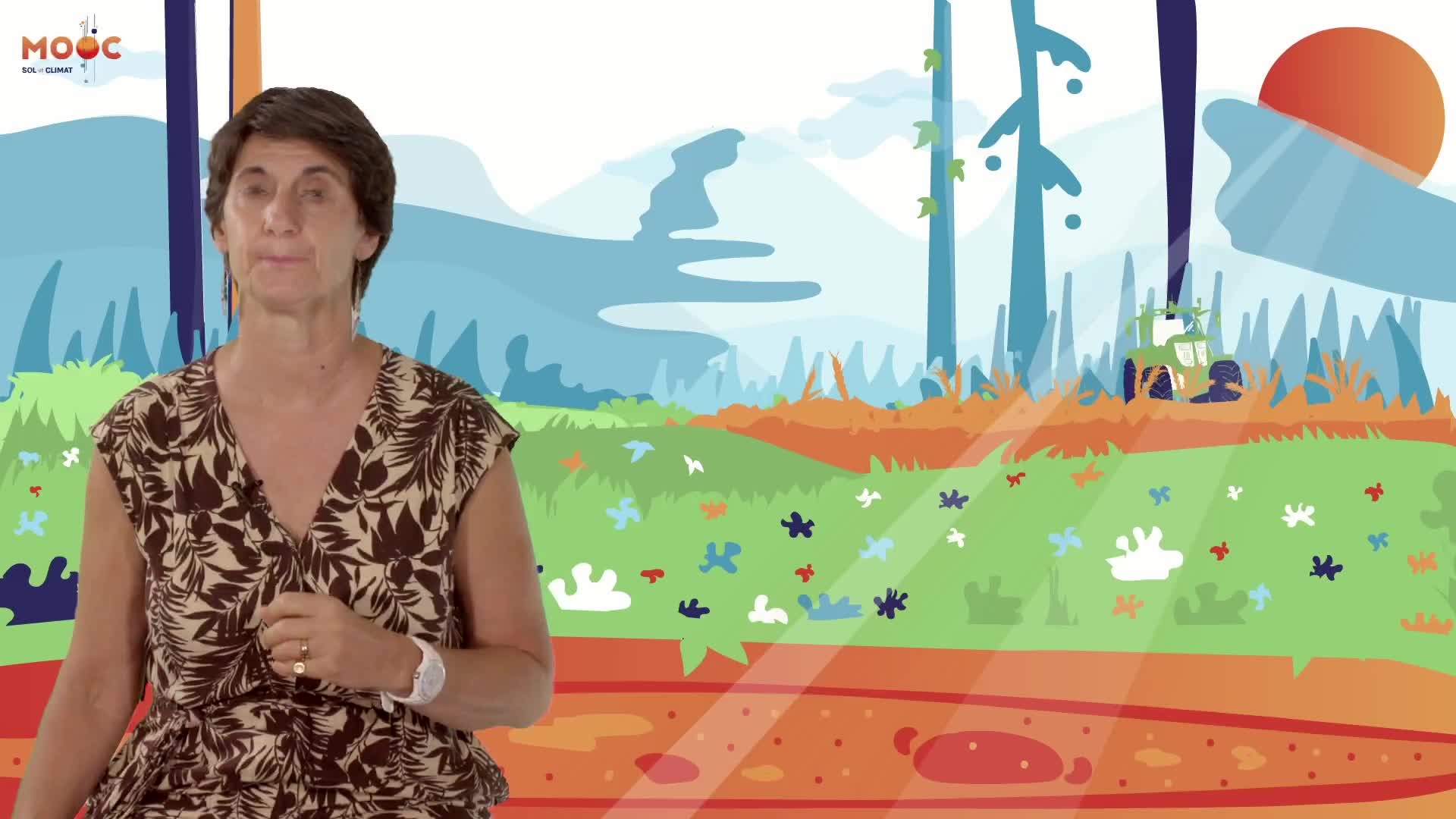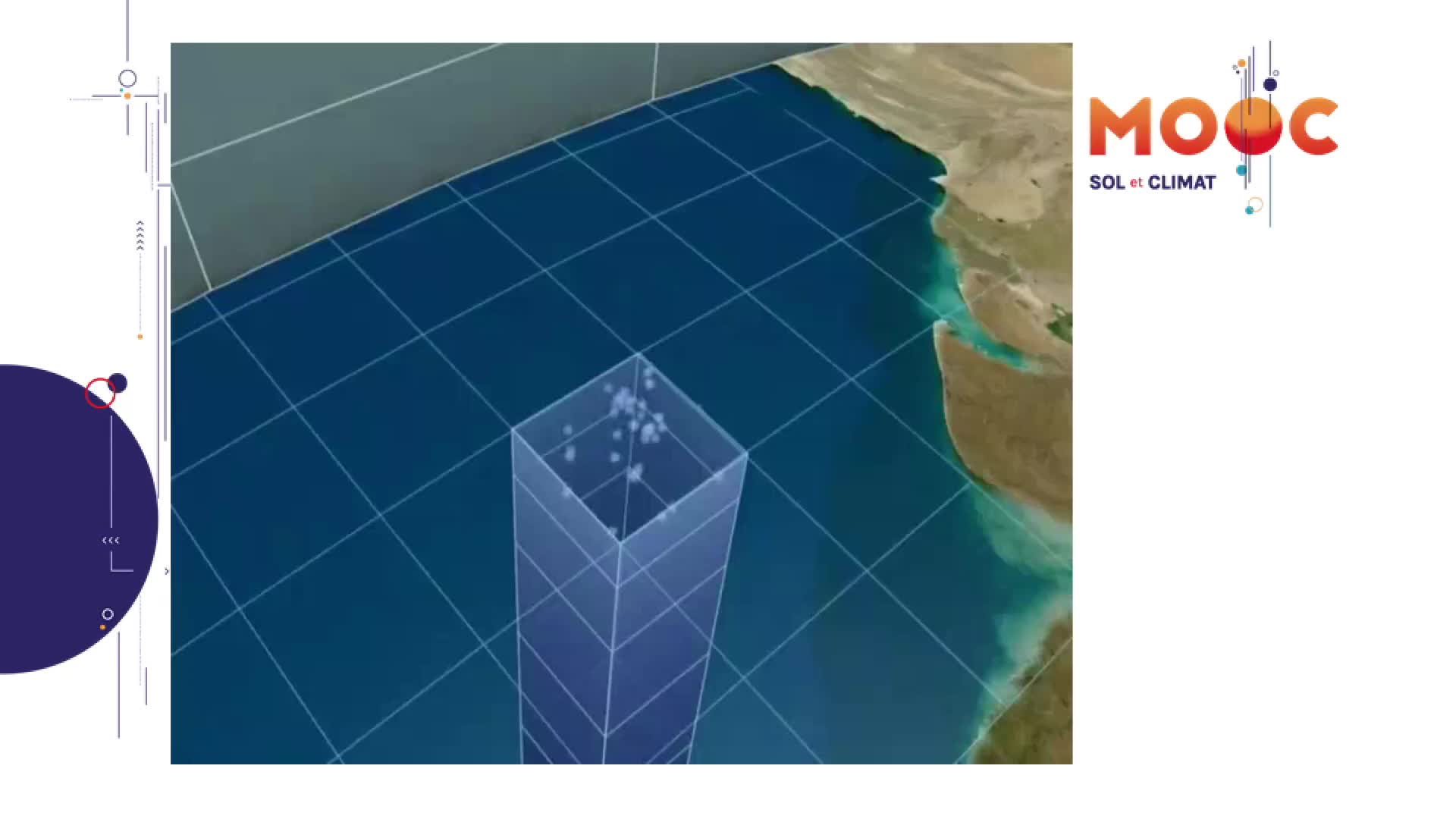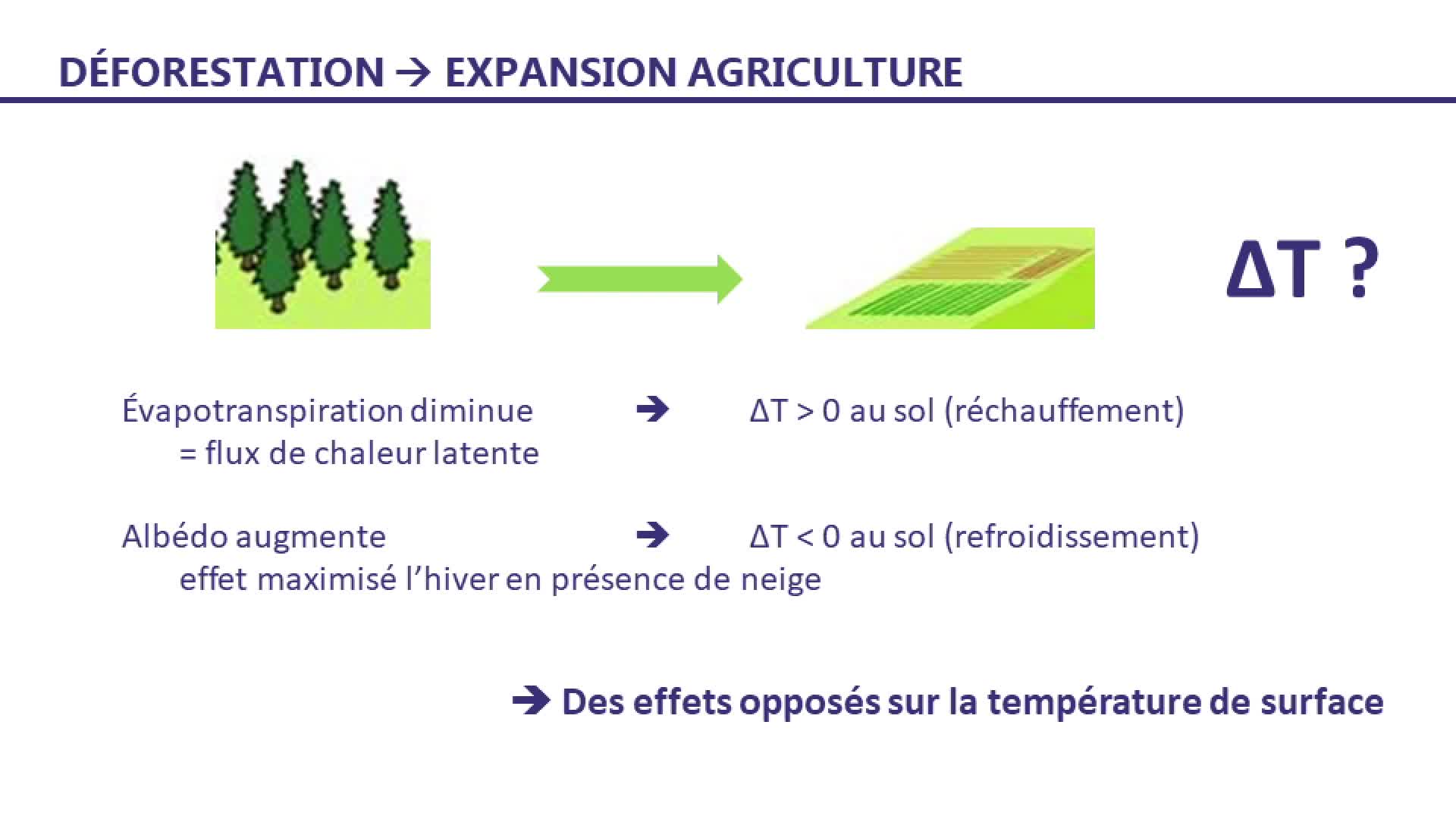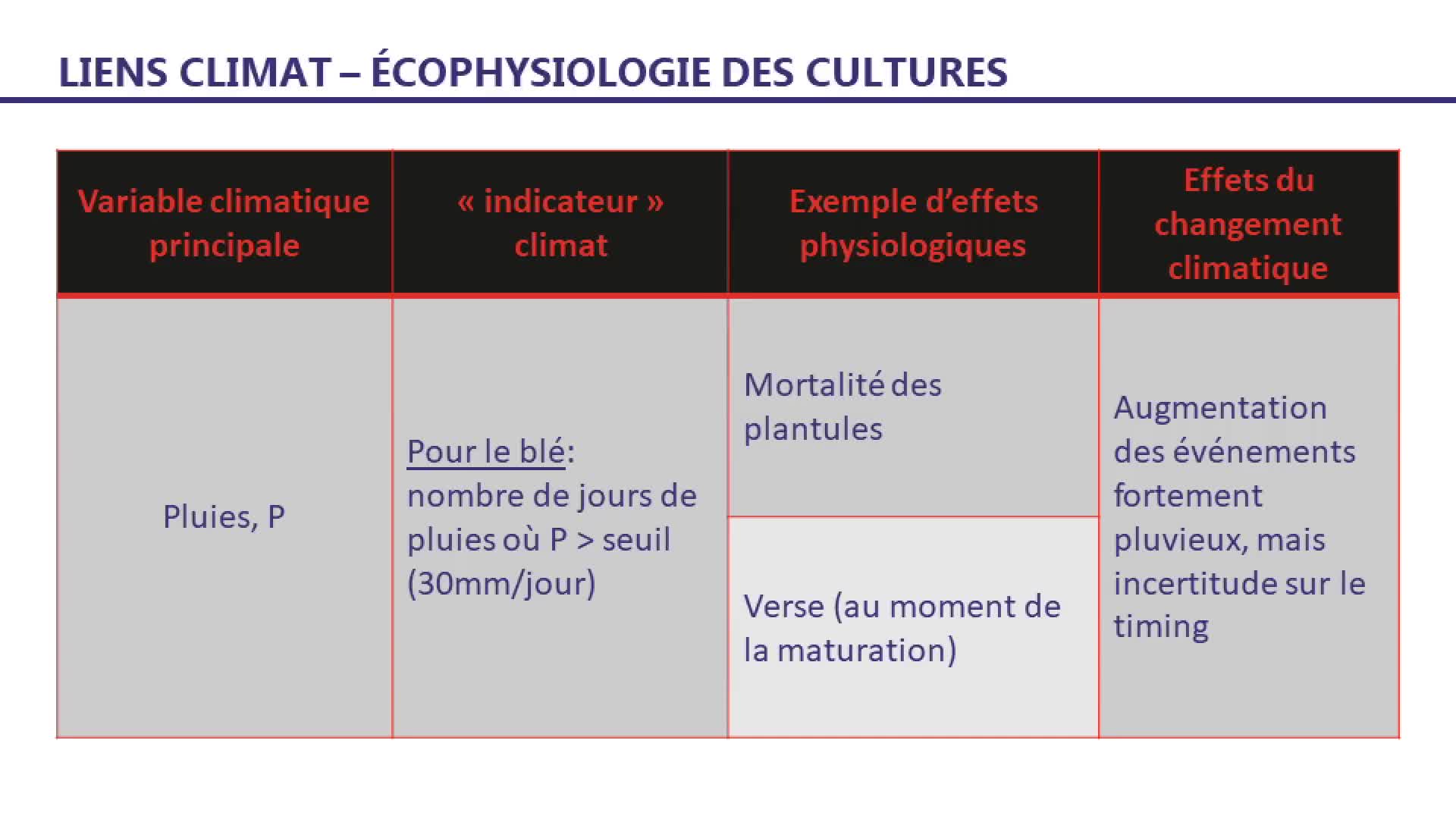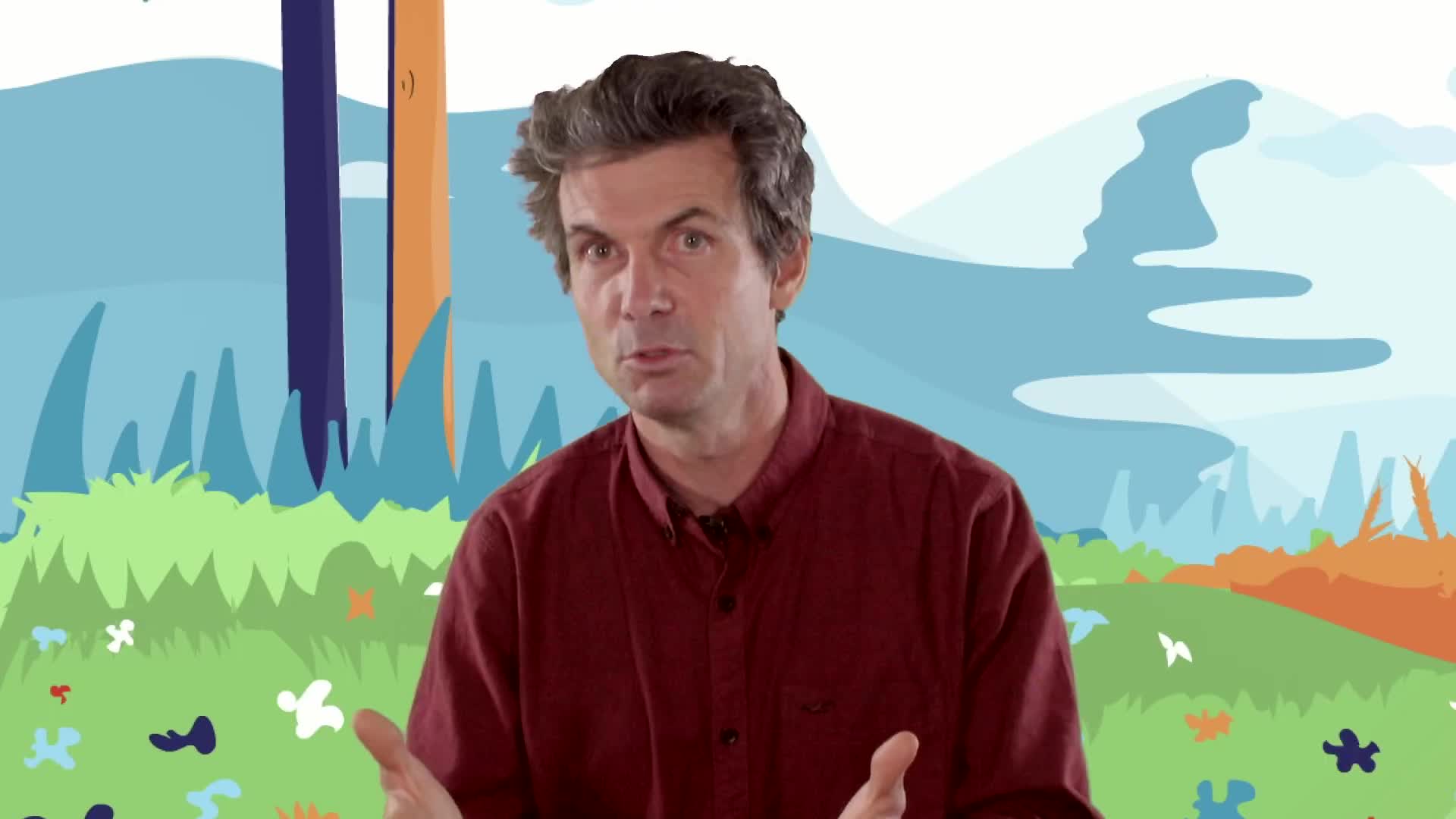Notice
7. La négociation climat entre économie et économie politique
- document 1 document 2 document 3
- niveau 1 niveau 2 niveau 3
Descriptif
Dans cette vidéo, Jean-Charles Hourcade retrace l'histoire de la négociation climatique des premières simulations relatives au changement climatique à aujourd'hui. Il montre quel rôle ont joué les différents pays ou groupes de pays, et explique le changement d'approche opéré en 2010 à Cancun.
Dans la même collection
-
EN-6. Finding the technological conditions for a smart energy transition
MaïziNadiaNadia Maïzi talks about the technical feasibility of an energy transition. She gives the exemple of La Réunion island, which wants to be 100% renewable in 2030. Thanks to a simulation model, she shows
-
EN-7. Climate negotiations between economics and political economy
HourcadeJean-CharlesJean-Charles Hourcade recounts the history of the climate negotiation, from the first simulations related to the climate change up to now. He shows the role played by the different countries or groups
-
EN-5. Understanding the costs of climate policies
HourcadeJean-CharlesJean-Charles Hourcade discusses about the possibility of a carbon price, about its interests but also about its limits and difficulties regarding its implementation. Then he analyses the three tools
-
EN-8. Unravelling the complex issues of climate and development
HourcadeJean-CharlesJean-Charles Hourcade highlights the disparities regarding the development between the states and discusses, in this context, about the conditions of implementation of a fair and realistic climate
-
EN-1. Quantifying climate problems
MaïziNadiaNadia Maïzi talks about some key notions we have to know to really understand the climate negotiation: the choice of indicators, the diversity of greenhouse gases, the evolution of their emissions in
-
EN-4. Pinpointing the commitments compatible with the 2°C climate target
MaïziNadiaNadia Maïzi presents a model that enables to check the compatibility of the voluntary commitments sent by the states on the occasion of the COP 21 with the 2°C objective.
-
EN-2. Grounding emissions trajectories: a political process
MaïziNadiaNadia Maïzi explains what the emissions trajectories of greenhouse gases are, from the Business as usual scenario to the scenarios that are associated to the 2°C objective. She discusses about the
-
EN-3. Drawing up desirable, plausible and supportable technological avenues
MaïziNadiaNadia Maïzi presents the two main kinds of approach that can be used for the climate negotiation: the top-down approach, which dominated with the Kyoto Protocol, and the bottom-up approach, which the
-
6. Rechercher les conditions technologiques d'une transition énergétique intelligente
MaïziNadiaDans cette vidéo, Nadia Maïzi discute de la faisabilité technologique d'une transition énergétique. Elle prend l'exemple de l'île de La Réunion qui souhaite être 100% renouvelable en 2030. Grâce à un
-
1. Quantifier la contrainte climatique
MaïziNadiaDans cette vidéo, Nadia Maïzi rappelle quelques notions clés qu'il est important de bien avoir à l'esprit pour bien comprendre la négociation climatique : le choix des indicateurs (tonnes équivalent
-
4. Déterminer les engagements compatibles avec l'objectif de 2°C
MaïziNadiaDans cette vidéo, Nadia Maïzi présente un modèle qui permet de vérifier la compatibilité ou non des engagements volontaires transmis par les Etats à l'occasion de la COP21 avec l'objectif des 2°C.
Avec les mêmes intervenants et intervenantes
-
Gaining control of the animal minds of finance at the service of the transition towards a low carbo…
HourcadeJean-CharlesIn this video (10'00), Jean-Charles Hourcade, director of research at the CNRS and director of studies at EHESS, discusses the necessary reorientation of savings to finance the low-carbon transition
-
EN-7. Climate negotiations between economics and political economy
HourcadeJean-CharlesJean-Charles Hourcade recounts the history of the climate negotiation, from the first simulations related to the climate change up to now. He shows the role played by the different countries or groups
-
EN-8. Unravelling the complex issues of climate and development
HourcadeJean-CharlesJean-Charles Hourcade highlights the disparities regarding the development between the states and discusses, in this context, about the conditions of implementation of a fair and realistic climate
-
EN-5. Understanding the costs of climate policies
HourcadeJean-CharlesJean-Charles Hourcade discusses about the possibility of a carbon price, about its interests but also about its limits and difficulties regarding its implementation. Then he analyses the three tools
-
5. Comprendre ce que sont les coûts des politiques climatiques
HourcadeJean-CharlesDans cette vidéo, Jean-Charles Hourcade discute de la possibilité d'un prix du carbone, de ses intérêts mais aussi de ses limites et de ses difficultés en matière de mise en oeuvre. Il analyse ensuite
-
8. Dénouer le nœud gordien climat-développement
HourcadeJean-CharlesDans cette vidéo, Jean-Charles Hourcade met en évidence les disparités en matière de développement entre les états et discute dans ce contexte des conditions de mise en place d'une politique
Sur le même thème
-
Quand la BD reveille l'Antiquité
LonniMarieGallegoJulieDans ce neuvième épisode, Marie Lonni a pu échanger avec Julie Gallego.
-
Adapter les villes à un climat qui se réchauffe
MigliariMatteoComment adapter les villes face à un climat qui se réchauffe pour garantir leur vivabilité ? C'est la question centrale que s'est posée Matteo Migliari durant ses années de thèse, réalisée entre le
-
Changement climatique, fonte des glaces, réchauffement et hausse de l'océan : le rôle de l'observat…
CazenaveAnnyIl est à présent bien établi que les activités humaines sont la cause du changement climatique observé de nos jours. L'apport de l'observation spatiale, à l'aide de satellites en orbite autour de la
-
Les transformations contemporaines des cabanes de pêcheurs de l'île Sainte-Marguerite.
Rosati-MarzettiChloéProjet soutenu par la MSHS Sud-Est, il émane plus particulièrement de l’axe 1 du LAPCOS « Territoires et environnements : approches plurivoques de l'habiter ». Dans le cadre de l'axe 4 de la MSHS Sud
-
Enjeux et priorités pour la COP 30 Climat à Belem : apport de l'IRD - Cosavez-vous ? Climat Science…
La COSAV Climat Sciences Société organise ce séminaire pour explorer les enjeux cruciaux de la prochaine COP 30, qui se tiendra à Belém en novembre prochain, ainsi que les contributions des recherches
-
Quels facteurs expliquent les aires de distribution des arbres ?
DerroireGéraldineGéraldine Derroire, chercheuse au CIRAD, parle dans cette vidéo des limites à la présence des arbres.
-
Surfing on, or suffering from forest fires? Combining carrots, sticks and sermons to promote the ad…
FouquerayTimothéeSession 4b : Faire face aux incendies/Dealing with wilfire
-
-
-
-
-


